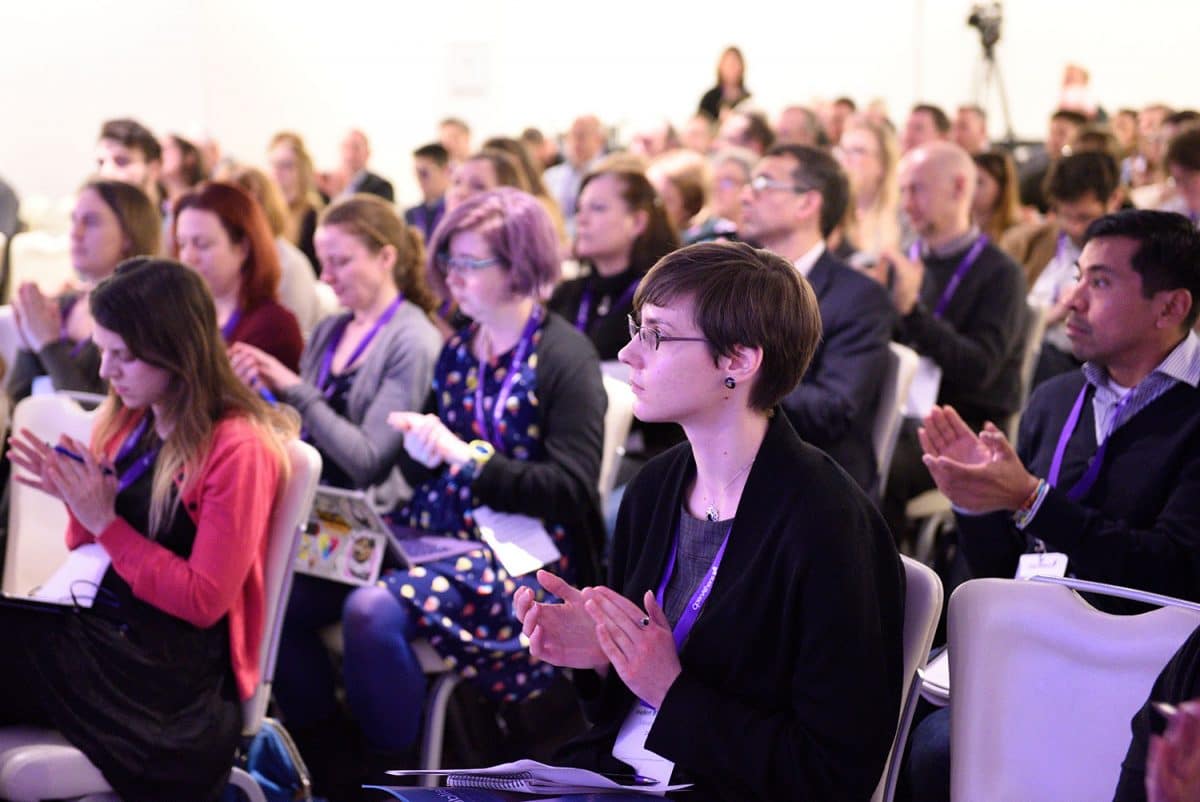
Access Lab 2020: how to help users get on the right path—even if they start off on the wrong foot
How to help users get on the right path — even if they start off on the wrong foot. Presented at OpenAthens Access Lab 2020. By Scott Ahlberg, chief operations officer at Reprints Desk.
The world of publishing and libraries has undergone significant changes in the last 10 years. Digitization of content has overturned traditional business models, as well as the dominance of the internet as a research tool.
Mobile technology and the internet have positively opened up access to information to many more people at a faster pace. It has also enabled the spread of illegitimate forms of information and piracy.
Most people can now access content from wherever they happen to be, via mobiles or laptops. However, the routes people take to research the information can vary greatly. Libraries no longer have a monopoly on the provision of academic content.
Librarians and publishers run the risk of losing their audiences to sites offering potentially illegitimate forms of content. This creates problems for all parties.
The challenge
For the user, the information they are accessing may not be the final peer reviewed approved content. Many sites will ask them to hand over personal details or data in order to access the full paper. And they may be asked to pay to access the research—which their institution’s library has already paid for.
For libraries, the problems are even more pronounced. Investment in content collections have become devalued by low usage, caused by a reduction in the number of users accessing content via the library. Reduced budgets across the board also mean librarians are now forced to do more with less.
End users are discovering content via Google and accessing it via illegitimate sites or going independently to legitimate sites. They may end up spending their student loan on content that is already available to them via the library. What’s more, when people access information from external, untrustworthy sites, those sites will farm the library or institution’s data and expose them to hacking and misuse. This strips the library of valuable user data. This is of course critical to understanding user behavior and improving services.
For publishers, it undermines the value of their content and increases the risk of further piracy. This adds to the ongoing challenge of producing high quality content in a commercially viable way.
So, there are many good reasons to help people find the legitimate sources of information.
This is the background against which we are all working.
Finding a solution.
People now search for content in all sorts of ways. There is no one dominant route to reach the information they want.
A student might login to their university account, then search its bibliographic database. But they are just as likely to carry out a simple Google search on their phone, and then select any number of routes to reach their destination.
The challenge lies not only in how to make digital library services as user friendly as possible, but also in how to help users find quality content, regardless of where or how their search began.
There is no one-size-fits-all solution.
But a key component is having a system with the flexibility to be of use to a broad set of users, in whatever means their search originates. And no matter how many possible outcomes there may be.
The Article Galaxy platform by Reprints Desk has been used by the top pharma companies and academic institutions for on-demand literature access. This year, we are excited to introduce a prototype feature called Article Pages. This will aim to point users to legitimate content – seamlessly. However they have searched for a particular piece of information, users will be presented with a collection of potential pathways to access the content they want. This enables them to easily select the safest route to the legitimate resource. This may be via Open Access, through their institution, direct to a publisher or through Article Galaxy.
This feature is free for anyone to access and will be particularly valuable to members with corporate or academic accounts. Users will be able to access the content freely and any new acquisitions will be automatically recognized and accessible to other institutional members.
And if the content is Open Access it will direct users to that free option.
We’ve created our systems to give users the final choice and empower them to make their choices from an informed position.
What’s the future?
Proliferation of free content and different routes of access online can threaten libraries and publishers. Their initial reaction is to become very protective of their content. They guard it behind very secure subscription walls. This means that many users will simply go elsewhere because they can access the content more easily from illegitimate sources. This makes these strategies almost self-defeating.
Our collective aim must always be to make it as easy as possible for the end user to access legitimate quality content. And reduce the reliance on pirated content.
This is only one of a myriad of solutions. It is our hope that a system like ours can work alongside other access methods. Such as Lean Library and traditional subscriptions to academic papers. This would minimize the risk of piracy and support publishers and libraries in producing and presenting top quality content to those that want it.

Catch up on Access Lab 2020
Watch all of the presentations from Access Lab 2020 including Scott’s presentation.
